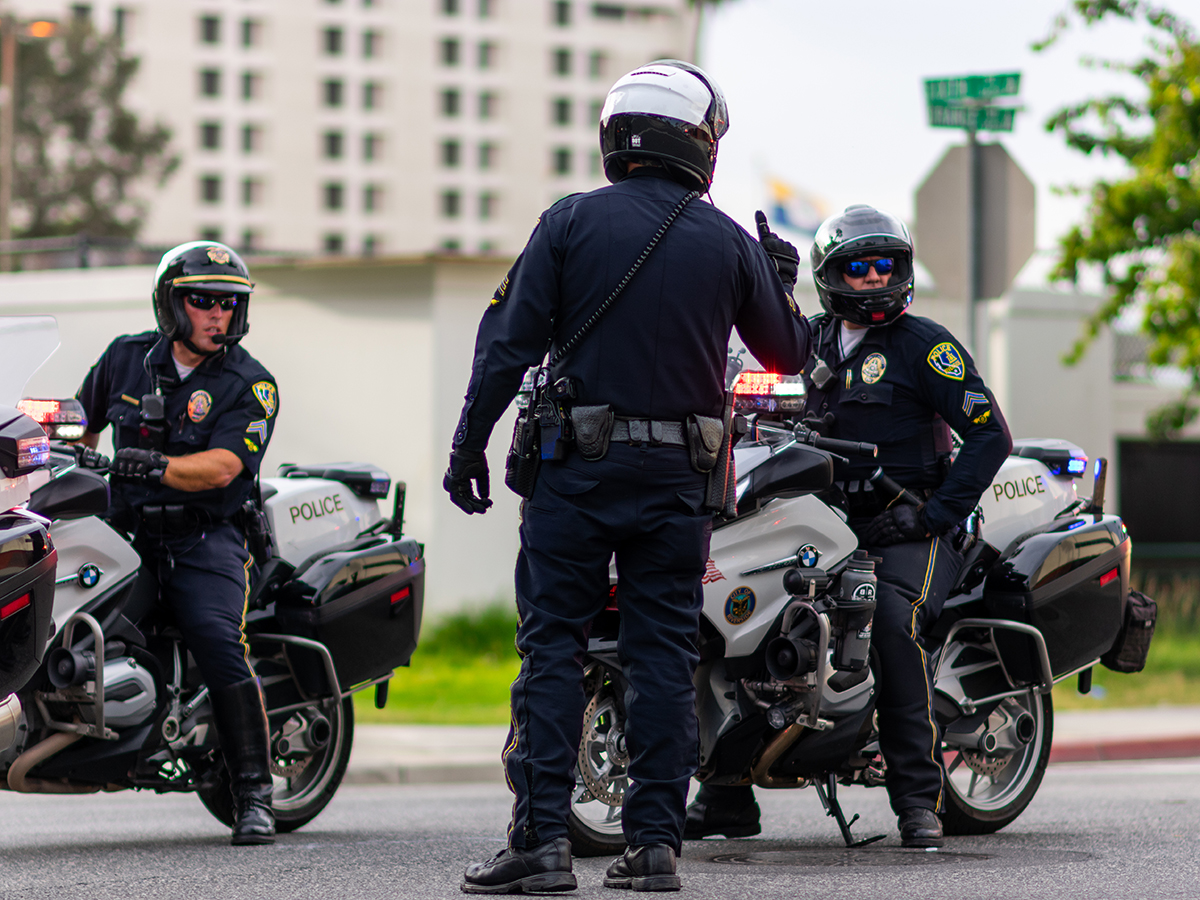
Calls to defund the police have ramped up following the tumultuous election of 2020 and the Capitol riots as the fear of white supremacy within government institutions ー especially the police force ー has increased significantly. Many have called for the $100 billion that police receive to be put toward more useful avenues, like health and education programs. However, it will take a lot more than just reallocating funds in order to reform the racism that runs deep within the U.S. police force. Rectification needs to come in the form of a more comprehensive training program that encompasses not just the physical aspect of policing, but also the sensitivity aspect. In addition, there must be a more rigorous vetting process upon entering the force so that not just any aggressive individual can become a police officer.
It should be noted that police training is subpar in the U.S. as there is no standardized code of police education throughout the nation. Police forces focus less on hiring qualified people and place more of an emphasis on implicit bias training that has proven to be ineffective. In fact, potential police officers train for a much shorter time than a cosmetologist. Considering that these people are armed and have the capability to open fire and kill at any moment, the training process for policing needs to be taken more seriously.
Training should not be purely reliant on the physical might of an individual. Sensitivity and empathy must also be cultivated in order to form a person capable of enforcing the law. And while sensitivity training may already be included in the process of becoming a police officer, it is nowhere near enough considering the lack of humanity that is alive and well within this institution. For instance, any decent human being would not have let the cries of pain from someone suffering ー like George Floyd had ー go unheard. Sensitivity training must last longer than physical training and should include a number of scenarios in order to test a candidate’s mental strength amidst a heated situation.
Most importantly, nonviolent methods of conflict resolution need to be emphasized so that stressful situations that get out of hand do not result in police brutality and death. Police officers need to be given more options and tools in order to navigate situations without resorting to senseless violence. Empathy training, along with multiple screenings for how a police officer 一 specifically candidates who have had little engagement with other races 一 would handle a heated situation with women and people of color is also crucial and should come in the form of specific racial training. There should be no reason that it is easier to become a police officer than any other occupation. On the contrary, there should be nothing harder than the process of becoming a part of law enforcement.
Along with the more extensive training process, there must also be an extremely rigorous vetting process during the application process. The application to become a police officer should be one of the most selective processes in the U.S. for a job. And if the application consisted of a vetting process beforehand, then the likelihood of a white supremacist slipping through the cracks and polluting the police force would significantly decrease. This vetting process should include an extensive background check that not only looks for past drug offenses or driving violations, but also past records of assault on an individual 一 specifically on people of color. The vetting process should also include looking into the individual’s past and family background that checks for a history of racist or violent behavior.
Some might argue that this all seems too much for one person to go through in order to become a police officer. However, it has already been too much for people of color to go through, watching each other get killed by and living in fear of the institution supposedly put in place to “protect and serve” them. Someone with a history of violence and aggression toward people of color should also not find themselves becoming easily involved with the police force.
In order to quell the fear of extremism in the police force that has become ever-present today, we must do better and refine the process of becoming a police officer so that we can have safety tomorrow. There will be no peace until the U.S. holds the police force accountable and puts more blocks in the process before and during training for individuals who believe they have what it takes to enforce the law. The call to defund the police is an excellent starting point, but there is still much more to do.







